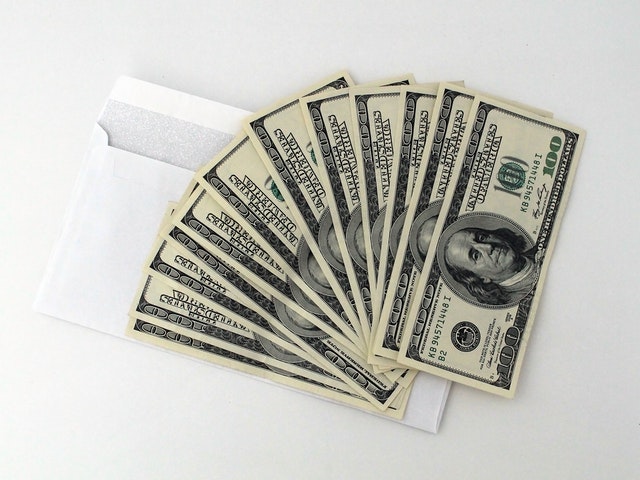Qualify For A Larger Mortgage With A Co-Signer
 There are numerous steps involved in the process of buying a new home. It is important to go through the mortgage qualifying process before looking at dream houses. This gives people an idea of how big a house they can afford. Sometimes, individuals looking for a house might not get a loan that is big enough to cover their dream house. There are ways to qualify for a larger loan; however, one of the fastest methods is to use a co-signer.
There are numerous steps involved in the process of buying a new home. It is important to go through the mortgage qualifying process before looking at dream houses. This gives people an idea of how big a house they can afford. Sometimes, individuals looking for a house might not get a loan that is big enough to cover their dream house. There are ways to qualify for a larger loan; however, one of the fastest methods is to use a co-signer.
What Is A Co-Signer?
A co-signer is someone who signs onto a potential home loan with the homebuyer. Essentially, the co-signer is saying that he or she is willing to be on the hook for the loan in the event that the primary homeowner is unable to make his or her mortgage payments.
This is a big commitment from the co-signer because he or she is exposing himself or herself on behalf of the primary borrower. On the other hand, the co-signer is also providing a vote of confidence on behalf of the primary borrower. Parents often act as co-signers for their children when they purchase their first home.
Vetting The Co-Signer
When someone is going through the home loan process, they are asked to produce tax returns, proof of income, credit reports, bank statements, and more. The co-signer is going to go through the same process. The bank wants to make sure the co-signer is actually adding something of value to the buying process.
The income and debt of the co-signer will be added to the primary borrower. Then, the two will be combined to be approved for a larger home loan. This can help someone purchase the home of his or her dreams.
An Important Note On The Co-Signer
If the co-signer goes to apply for a home loan or car loan in the future, the loan for which they co-signed will show up. This could limit the ability of the co-signer to qualify for a loan down the road. Even though having a co-signer can increase the size of the loan for the primary borrower, this is not without risk to the co-signer. Consider this carefully!
 If you are looking for ways to save money on your mortgage, refinancing might be a good option. For those who might not know, refinancing can help a homeowner reduce monthly mortgage payments by switching to a lower interest rate.
If you are looking for ways to save money on your mortgage, refinancing might be a good option. For those who might not know, refinancing can help a homeowner reduce monthly mortgage payments by switching to a lower interest rate.  While a mortgage is a necessity for many people who have the dream of owning a home, it is also a form of debt. Most people do not like owing money to someone else. Therefore, homeowners might be looking for ways to pay off their mortgage early. The reality is that people are charged interest for having a mortgage. If a mortgage is paid off early, this is less money than the bank will take and more money in the pockets of homeowners.
While a mortgage is a necessity for many people who have the dream of owning a home, it is also a form of debt. Most people do not like owing money to someone else. Therefore, homeowners might be looking for ways to pay off their mortgage early. The reality is that people are charged interest for having a mortgage. If a mortgage is paid off early, this is less money than the bank will take and more money in the pockets of homeowners.